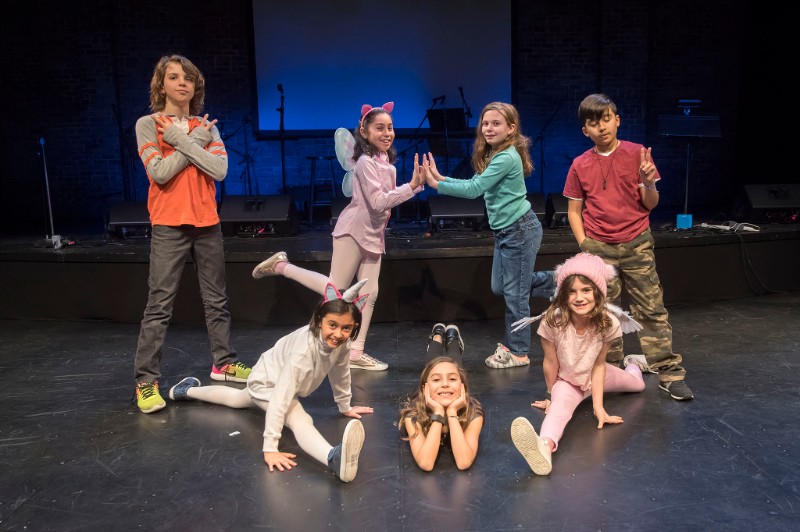Sag Harbor Perspectives on Summer Camp in the Hamptons

It’s a summer morning at Mashashimuet Park in Sag Harbor — playsets that have never looked more giant through the eyes of a 5 year old — grass fields and tennis courts become flooded with children whose parents just dropped them off at daily Park Camp.
“The locals went to Park Camp,” says Olivia Cassone, a Sag Harbor local who spent consecutive summers in the early 2000s running around “Mash Park” with her friends, annoying the older counselors, she recalls.
“It was just like the place to go.” says Cassone, who reminisced on days of her and friends sneaking to the tennis courts during camp to grab Powerade and ice cream when they weren’t allowed to.
“There’s always a lot of kids, and we always have something to do,” says Gabriel Ramundo, a former Park Camp counselor. Ramundo spent a couple summers as a camper himself, and he eventually graduated to counselor position and worked for three summers as a young teen.
According to Ramundo, one highlight of the camp setup was how it managed to blend structure and freedom for the kids. On Fridays, it was water day, and the kids would chase the counselors around with water balloons as they ran in and out of sprinklers. On the other typical days, the kids got to choose if they wanted to play sports on the field, climb on playsets in the park or spend time making arts and crafts at the designated table.
For Cassone, strict counselors did not make her feel very free. Some of her memories of camp include sitting on the bleachers in time-outs for rebelling against the gendered divisions “I always wanted to do what the boys were doing. The girls wanted to go play in the park, meanwhile I wanted to go play dodgeball,” she says.
Flashforward years later, at the age of 13, Cassone became a Counselor in Training at Hayground Camp in Bridgehampton, working there for two-and-a-half summers total. At Hayground, campers spend their days playing any camp game that exists under the sun, sports, making art and music, and participating in unique activities like woodshop, gardening and cooking.
In 2023, tuition costs for Hayground summer camp (a total of eight weeks, which began June 26) came out to be $5,200 for the half-day option and $8,000 for full-day.
“It was very, very expensive. It was more so for the rich,” says Cassone. “You never saw a local there unless their parents worked at the camp or they went to Hayground School.”
You can find most of the local people as counselors or staff at Hayground. Roughly half of the counselors are local, and about half of the counselors were former campers themselves who spend their summers in the Hamptons, according to Cassone.
Hailey Nill from Sag Harbor worked at Hayground for two summers in the middle of her high school years (summer 2018 and 2019). “I’m glad that I got to work there, because I did get to see different perspectives of everyone,” she says.
For Nill, these perspectives of counselors included those whose parents forced them to get a summer job, and camp counselor seemed the easiest to them. While others, like herself, were there because of their passion for working with kids and loved the job because of that fulfillment. Nill plans to become a teacher, so being in an environment like Hayground was one where she thrived.
“I think everybody was there to just have a good time, because it is, like, a really fun summer camp. I made friends there that I would have never met (otherwise),” she says.
When Nill picks up the girls that she nannies for now, the counselors still say “Hi” to her, and she’s pleasantly surprised. It’s been years since she’s worked there, but this just goes to show that the community is very strong at Hayground.
For Anna Schiavoni, a Sag Harbor local, summer camp was a vehicle to confidence. Schiavoni spent summer days in Bay Street Theater camps as a young teen where she got to learn from esteemed professionals.
“It was the building blocks of the beginning of acting,” says Schiavoni. “Those camps really took me out of my shell a lot. Before those camps, I was hiding under the judge’s skirt and could not talk to anyone for the life of me.”
Schiavoni adds that she hopes that the theater camps at Bay Street are still serving young actors and performers in the way that they served her.



